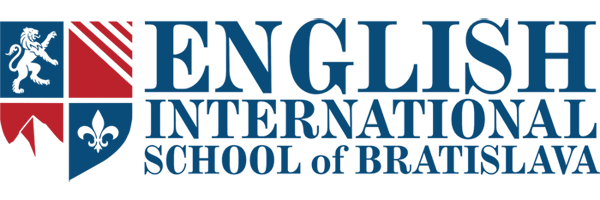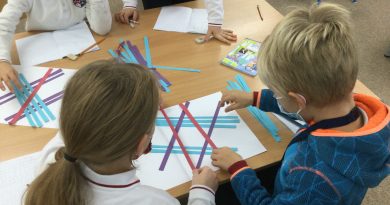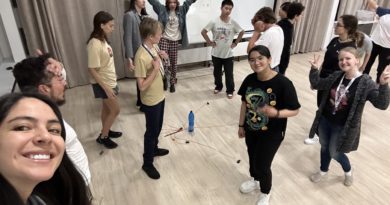What helps us learn effectively? Kevin, Niko, Tomáš (Student project)
At our school, we pride ourselves on fostering an environment that encourages student-led inquiry and collaboration. Recently, our MYP3 /G8 students Tomas, Kevin, and Niko embarked on an engaging project to explore the theme: “What helps students learn effectively?” Originally presented in German, we are excited to share their insightful findings with our wider community in English.
What Helps Students Learn Effectively?
The students identified several key strategies that contribute to effective learning. Their research and personal experiences highlighted the following points:
Good Learning Environment
Teachers should ensure a good learning environment in the classroom, which includes having an organized classroom for students, no loud noise, good lighting, a comfortable room temperature, and also comfortable chairs and large desks.
Applying Subjects in Real Life
Teachers should help students understand the practical usefulness of their subjects, not just their importance. When students see how a subject can be applied in real life, they are more likely to engage with it. It’s essential for teachers to illustrate the real-world applications of their lessons, so students can appreciate the value and relevance of what they are learning.
Equal Engagement Across Levels
We should ensure that all students are engaged in class, regardless of their current level. If someone is faster or more advanced, they should receive adequate learning materials to stay engaged.
The Impact of Engaging Projects
Ensuring engaging and stimulating projects or project opportunities for students is essential. When projects captivate their interest, students are motivated to actively participate, fostering a positive atmosphere of creativity and learning. However, when projects fail to captivate their interest, students may become disengaged, leading to a lack of motivation and a less productive learning environment.
Supporting Individual Subject Selection
Students should be encouraged to select school subjects that genuinely inspire them from an early age. By fostering a dynamic and interactive learning environment that aligns with students’ passions, we can enhance their motivation and engagement in class.
More In-Class Activities, Fewer Homework
Enhance learning effectiveness by increasing in-class activities and reducing homework assignments. Students benefit greatly from more interactive classroom engagement, which allows them time to relax and enjoy their free time without the burden of excessive homework. This approach supports students in maintaining adequate rest and energy levels essential for effective learning in school.
Engaging Activities
Effective learning occurs when classroom time is engaging and enjoyable, such as learning outdoors in nature, playing educational games, watching videos, working in groups, and incorporating students’ interests. Students appreciate when teachers cover a variety of topics in one class, helping them stay focused and enjoy learning more. Integrating technology into lessons enhances engagement and makes learning enjoyable. Out-of-school assignments, such as navigating from one location to another without spending money, challenge students to reach a destination on a tight budget.
In conclusion, I want to thank Tomas, Niko, and Kevin for sharing their thoughts. It’s essential for us to remain open and receptive to students’ opinions so that we can continuously improve. We do this for them and with them, aiming to create an environment where their voices are heard and valued.




